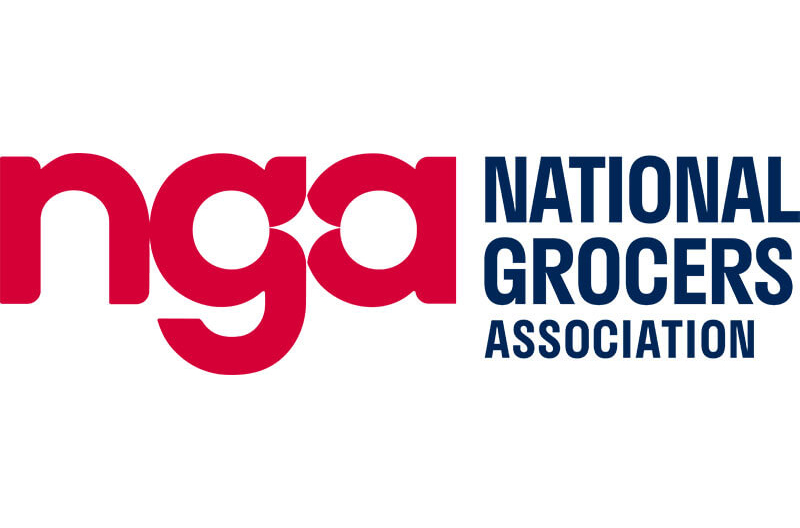by Jim Dudlicek / NGA Director, Communications and External Affairs
Food safety and transparency are paramount in the grocery industry. To that end, Section 204 of the FDA’s Food Safety and Modernization Act, requiring retailers and wholesalers to comply with traceability procedures, will soon take effect.
To raise awareness about FSMA 204, NGA hosted a recent webinar to deliver an all-encompassing overview of FSMA 204; demonstrate why traceability is inherently good for the industry; offer examples about the records-management and operational problems that you’ll want to avoid; enforce urgency; and provide some quick best practices about how to start collecting electronic records if you’re still paper-based.
The discussion was led by Derek Hannum, chief customer officer at ReposiTrak, which provides traceability solutions to grocery operators.
Here are some key takeaways from the discussion:
What is FSMA 204? Section 204(d) outlines the requirements for the traceability of certain high-risk foods, those that the FDA has deemed to be the most likely to cause foodborne illness and be involved in recalls. It potentially covers thousands of SKUs, from the foods themselves to products in which they’re used as ingredients.
What is traceability? It’s the ability to track products through the supply chain from the source to the consumer, and all the information that needs to be collected in order to do this efficiently to improve the effectiveness of recalls. It also includes the necessary operations, including the receiving process, checking orders into warehouses, labeling, scanning and a lot of recordkeeping. Traceability is a form of supply chain transparency that can help grocers improve preventative controls, forecasting and ordering to reduce food waste.
Where does the FDA come into the picture? In 2020, FDA announced the “New Era of Smarter Food Safety” blueprint, which outlines achievable goals to enhance traceability, respond more rapidly to outbreaks and foster stronger food safety cultures. Centered around technology and retail modernization, its ultimate goal is to create a safer, more transparent food supply chain and shift the collective focus from reacting to threats of foodborne illness to preventing it.
What type of traceability data will be required? At each step along the supply chain, there are key data elements (KDEs) that need to be collected and shared during critical tracking events (CTEs) along the route from processor to distributor to retailer, including things like lot code, shipping date and time, and transporter name. For an average 15-store retailer receiving three deliveries per week with 50 SKUs per load, that equals 117,000 records in one year for the retailer to store and retrieve. FDA requires food retailers to store the data for two years and be able to retrieve it and send it back to them within 24 hours when requested.
Are there exemptions from compliance? If you are a retail food establishment, you are only exempt if you have fewer than 10 full-time equivalent employees.
What’s the timetable for compliance? The new rule is scheduled to be enacted on Nov. 7, 2022. Once FSMA 204 goes into effect, there will be a 24-month period to comply.
Traceability is inherently good for the industry. Consumers value brand trust and transparency more than ever. Faster, more precise recalls will save the industry billions while saving lives. Better traceability leads to better preventative controls for food safety. Valuable inventory insights improve forecasting and ordering, and reduce food waste.
For more information, visit www.repositrak.com.
To hear all the exclusive insights in this and our other webinars, visit https://nga.sclivelearningcenter.com/MVSite/default.aspx.

